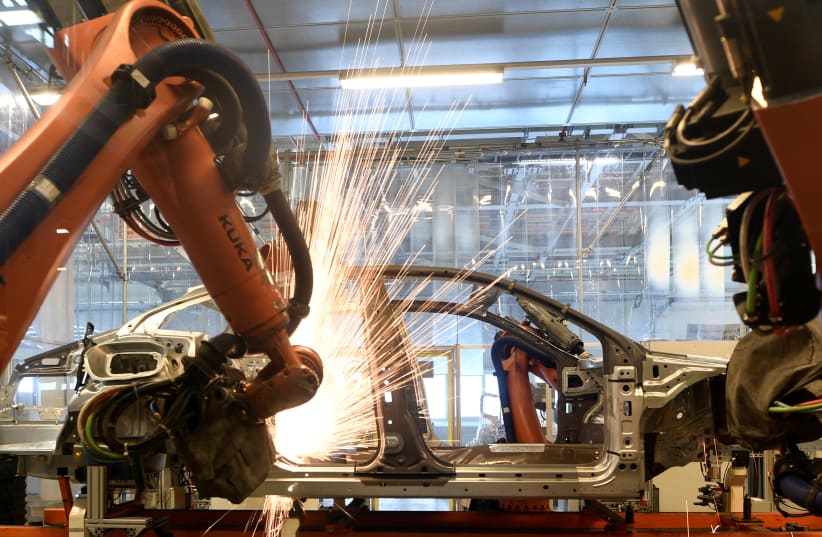Israeli researchers find flaw in highly-secure industrial computers
Adapted for a range of industrial automation tasks, PLCs are widely used to control machinery on factory assembly lines, ensure high reliability control and monitor input and output devices.

